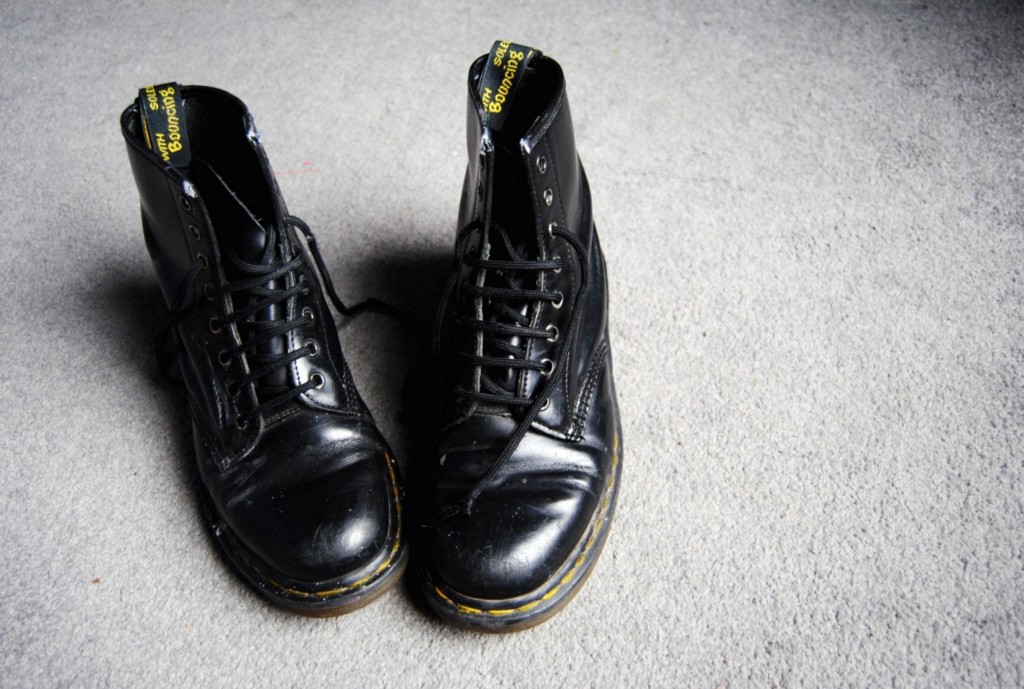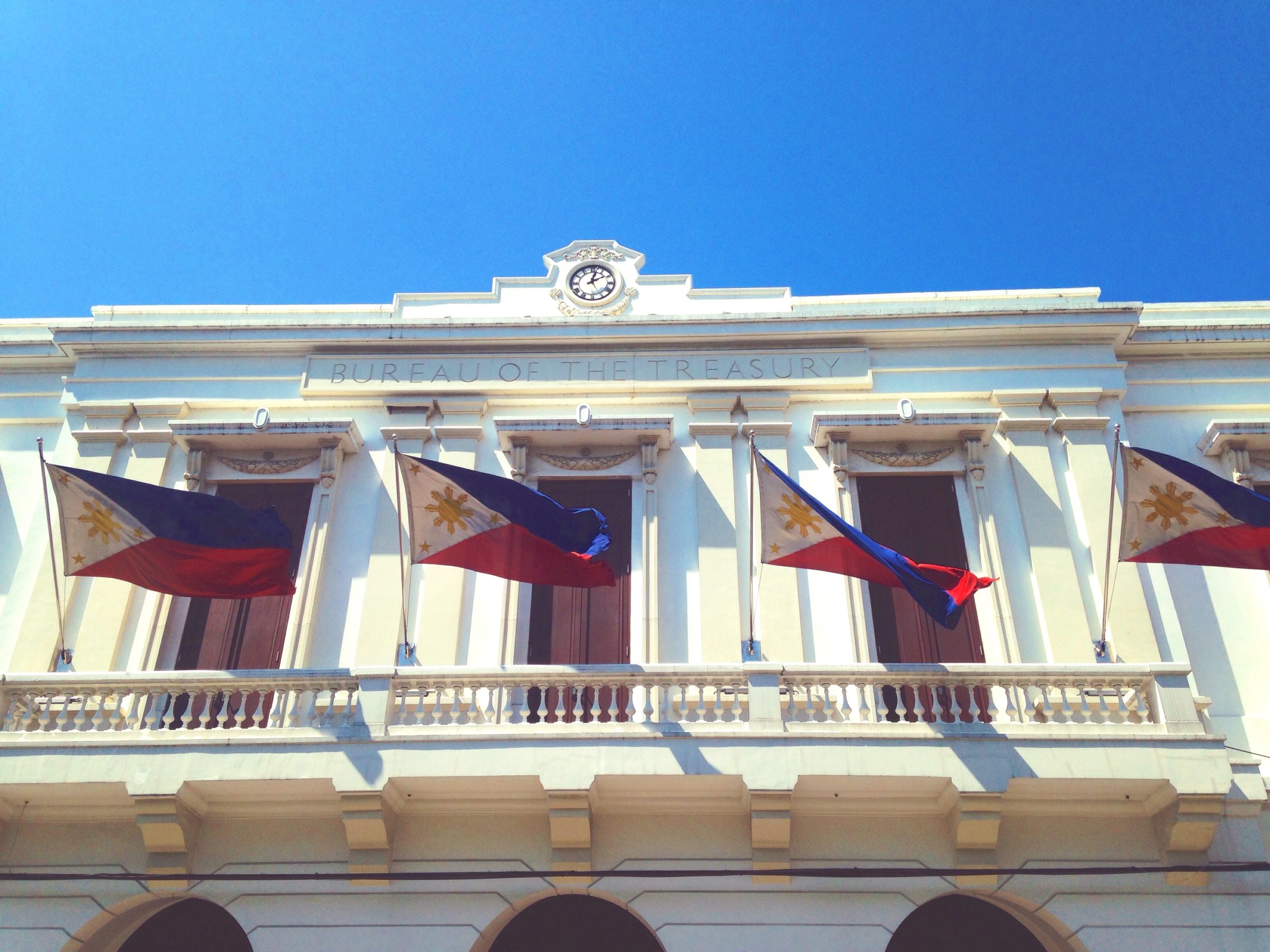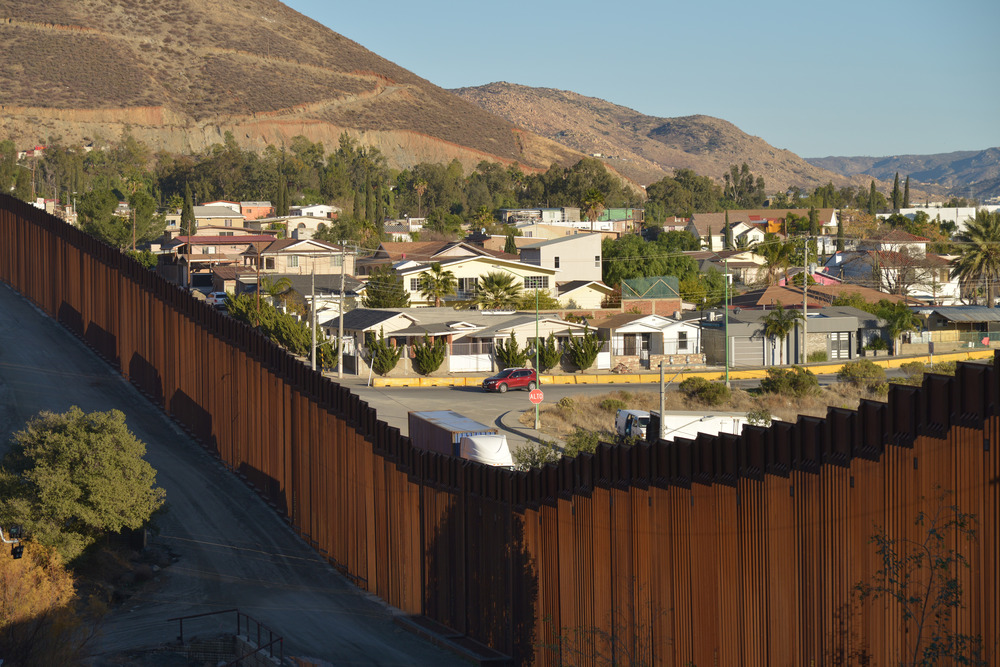Reading Lists
7 Books to Keep Your Focus on Puerto Rico
The U.S. government may be abandoning its own citizens on the island, but the rest of us need to pay even more attention

Four months after Hurricane Maria, 31 percent of Puerto Rico is still without power; in some places, electricity may not be restored until spring. But you know the expression “good enough for government work”? Well, here it is in operation: FEMA has decided that 69% (D+) recovery is perfectly adequate. The humanitarian crisis has passed, the agency says, and the Americans of Puerto Rico need to get back to buying their own groceries instead of <extremely Republicans voice> relying on handouts.
But if the U.S. government is turning its back on its citizens, that just means that the rest of us have a greater duty to pay attention. For Americans outside Puerto Rico, call your representatives, donate to local aid efforts, and pick up a memoir, story, poem, or nonfiction book by an author of Puerto Rican descent writing about the island. For Americans inside Puerto Rico: We’re still listening to your voices, on and off the page.

When I Was Puerto Rican by Esmeralda Santiago
Santiago’s memoir is in many ways a love letter to Puerto Rico—even though much of the life it describes takes place elsewhere. When I Was Puerto Rican, the first book of a three-part autobiography, explores Santiago’s connection to her island childhood, while also taking an unsparing look at her experience making the transition to New York as a young girl.

Mundo Cruel: Stories by Luis Negrón
The nine stories in Negrón’s funny, wrenching debut collection focus on a queer community in Puerto Rico. It won an award for gay fiction from Lambda Literary, which called the book “a study in verve, sass, and voice, peppered with a dash of spirituality.”

War Against All Puerto Ricans: Revolution and Terror in America’s Colony by Nelson A. Denis
As unconscionable as it is to deny aid to families who are suffering after a natural disaster, this isn’t the U.S. government’s worst offense against Puerto Rico. Denis dives into a tumultuous time in the island’s history, including a failed insurrection against the mainland, an attempted presidential assassination, covert CIA operations, and the first ever U.S. bomb strike against U.S. citizens.

The Ladies’ Gallery: A Memoir of Family Secrets by Irene Vilar
Vilar’s memoir is a personal reflection and an illumination of family secrets, but it’s also a fascinating work of political history. From a psychiatric hospital, Vilar delves into the legacy of her grandmother, Lolita Lebrón, a Puerto Rican political activist who served 27 years in prison for opening fire on the U.S. House of Representatives in 1954.

Song of the Simple Truth: The Complete Poems of Julia de Burgos by Julia de Burgos
Julia de Burgos is one of Puerto Rico’s most important poets, and this collection, printed in both English and Spanish, is the only complete anthology of her poems in either language. The 200 poems cover the usual personal and emotional topics, but also reflect de Burgos’ feminist and revolutionary sensibilities.

Queer Ricans: Cultures and Sexualities in the Diaspora by Lawrence La Fountain-Stokes
Anyone who’s watched RuPaul’s Drag Race knows that there’s a major Puerto Rican contingent in drag—but what else do you know about LGBTQ culture among people of Puerto Rican heritage? If the answer is “not much,” this scholarly work may be for you (and if the answer is “I’m part of that culture,” it almost certainly is!). Queer Ricans focuses on Puerto Ricans who have left the island and resettled in large U.S. metropolises, creating communities based on shared background and sexuality.

Silent Dancing: A Partial Remembrance of a Puerto Rican Childhood by Judith Ortiz Cofer
Partially essays, partially poetry, Cofer’s memoir of her childhood moves between forms the way her military family moves between Puerto Rico and New Jersey. It’s a meditation on straddling cultural lines that also straddles genres.








